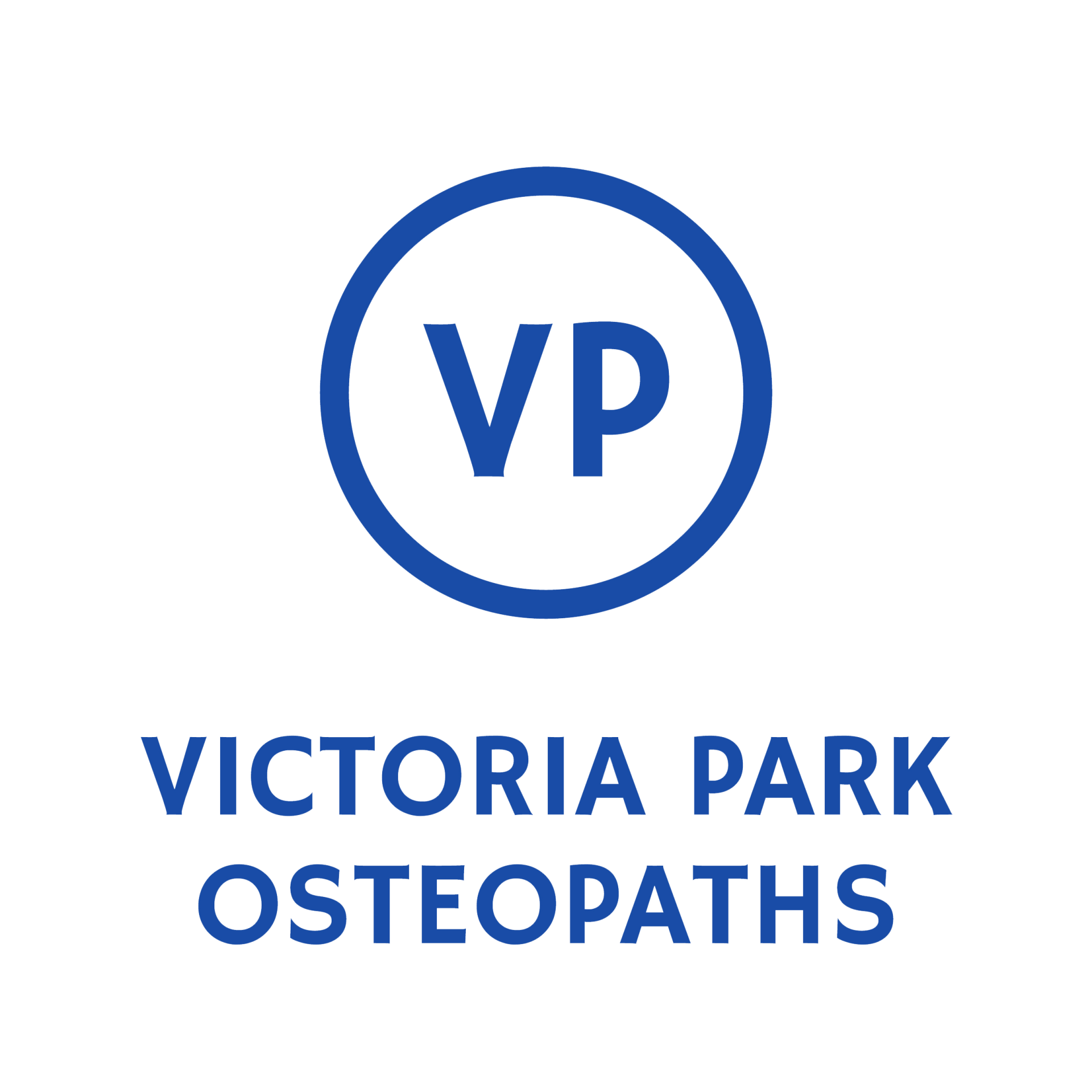What is Rotator Cuff Tear?
The rotator cuff is a group of four muscles and their tendons (supraspinatus, infraspinatus, teres minor, and subscapularis) that help stabilise the shoulder joint and control arm movement. A rotator cuff tear occurs when one or more of these tendons become partially or fully torn.
Tears can happen suddenly (e.g. during a fall or heavy lift) or develop gradually over time due to wear and degeneration. They range from mild irritation and partial tears to full-thickness ruptures.
Symptoms & What You May Experience
Symptoms depend on the extent of the tear and may include:
- Pain in the front, side, or top of the shoulder
- Discomfort when lifting the arm or reaching overhead
- Weakness when raising or rotating the arm
- Pain at night, especially lying on the affected side
- Reduced range of motion
- Clicking, catching, or “giving way” sensations
- Pain when dressing, reaching behind the back, or carrying objects
Sudden tears may cause sharp pain and immediate loss of strength.
What causes Rotator Cuff Tear?
Rotator cuff tears can result from either acute injury or degeneration over time:
Traumatic causes:
- Falls onto the arm or shoulder
- Lifting or catching a heavy object suddenly
- Sudden wrenching movement
Degenerative causes:
- Repetitive overhead activity (manual work, sports, DIY)
- Age-related tendon wear and thinning
- Poor posture or shoulder mechanics
- Muscle imbalance around the shoulder and upper back
- Reduced blood supply to the tendon with age
How We Help (At Victoria Park Osteopaths)
Not all tears need surgery. Many partial tears and degenerative tears respond well to conservative treatment. We focus on:
- Manual therapy to improve shoulder, scapular, and thoracic mobility
- Soft tissue techniques to reduce surrounding muscle tension
- Strengthening and rehabilitation targeting the rotator cuff, scapular stabilisers, and upper back muscles
- Postural correction and ergonomic advice
- Gradual return-to-use programming for overhead activity, sport, or lifting
- Adjunctive therapies such as acupuncture, taping, or massage as needed
- Education on pain management, load control, and prevention
If imaging, injections, or surgery are required, we can help coordinate referral and provide post-treatment rehab.
Recovery Time & What to Expect
- Mild to moderate tears often improve within 8–12 weeks with appropriate rehab
- Degenerative tears may need ongoing strengthening to prevent recurrence
- Larger or full-thickness tears may take several months to rehabilitate, whether treated conservatively or post-surgery
- Returning to overhead activity too soon can delay recovery
We guide your progress based on symptoms, strength, and function.
When to Seek Medical Review / Red Flags
You should get further assessment if you experience:
- Sudden loss of shoulder strength
- Inability to lift or move the arm
- Visible deformity after trauma
- Severe night pain not relieved by rest
- No improvement after a period of conservative care
- Associated neck, nerve, or fracture symptoms


